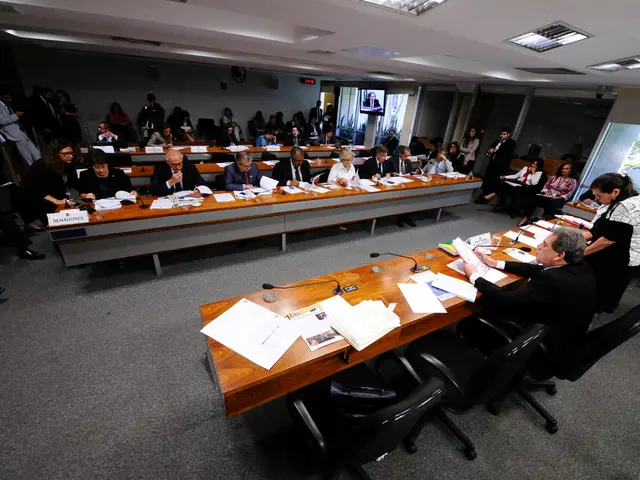Cryptocurrency, specifically Bitcoin, is persistently challenging state authorities and established institutions, solidifying its position as the desired strategic investment for all players.
In a significant shift for the digital currency landscape, several countries are exploring the integration of Bitcoin into their national financial strategies. This move aims to diversify holdings and hedge risks in an increasingly digital global economy.
Last week, digital asset investment products received inflows of $882 million, with Bitcoin accounting for a staggering $867 million of that total. This trend reflects a persistent and growing interest, especially among U.S. investors.
The Philippines recently proposed the Strategic Bitcoin Reserve Act through Congressman Miguel Luis R. Villafuerte. If passed, the Bangko Sentral ng Pilipinas (BSP) would be mandated to acquire 10,000 BTC over five years, stored in geographically dispersed cold storage with a strict 20-year lock-up to reduce market volatility risk. The goal is to combat the national debt and strengthen financial stability by diversifying beyond traditional reserves like gold and US dollars.
Brazil's lower house scheduled a hearing in August 2025 to debate a bill that would allocate up to 5% of the National Treasury funds (roughly $15 billion) to build a Bitcoin reserve. This proposal aims to protect reserves against exchange rate fluctuations and geopolitical risks, as well as boost blockchain adoption.
In the United States, President Donald Trump signed Executive Order 14096 in March 2025, establishing a Strategic Bitcoin Reserve at the federal level. This move shifts Bitcoin from speculative investment to a recognised government reserve asset for economic stability, inflation hedging, and strategic positioning.
These efforts illustrate a growing international trend to incorporate Bitcoin into national financial strategies as a strategic reserve asset. Other countries such as El Salvador, Switzerland, and Poland have been cited as inspirations or explorers of sovereign Bitcoin reserves, but no recent specific legislation comparable to the above three has been noted.
The future of Bitcoin is linked to regulation, innovation, and global expansion. International banks such as Standard Chartered and Deutsche Bank have signaled that the strategy of holding Bitcoin as a reserve asset could set an international standard. Bitcoin dominates these capital flows and is consolidating as the preferred strategic asset for governments and institutions in a challenging global economic context.
The increasing regulatory clarity facilitates the mass adoption of Bitcoin. The approval of Bitcoin and Ethereum ETFs in the United States has allowed both retail and institutional investors to access these assets safely and regulated, without having to manage the cryptocurrencies directly. Bitcoin is being considered as a strategic reserve comparable to gold by some governments and institutions.
As more institutional and state actors adopt Bitcoin, it could redefine the concept of a reserve asset and mark a before and after in global economic history.
Summary Table
| Country | Initiative | Details | Status (2025) | |-------------|----------------------------------|-------------------------------------------------------------------|----------------------------------------------| | Philippines | Strategic Bitcoin Reserve Act | Acquire 10,000 BTC over 5 years, 20-year lock-up, BSP-managed | Proposed, under legislative consideration | | Brazil | Bitcoin Reserve Bill | Allocate up to 5% of treasury (~$15B) for Bitcoin reserve | Hearing held; pending House, Senate, President| | United States| Executive Order 14096 | Establish official Strategic Bitcoin Reserve at federal level | Signed into effect; states also active |
Technology plays a crucial role in enabling these financial strategies, providing secure and decentralized platforms for transacting with Bitcoin.
Growing interest in digital assets like Bitcoin extends beyond just investors, as governments worldwide recognize their potential for hedging risks and diversifying financial portfolios.








